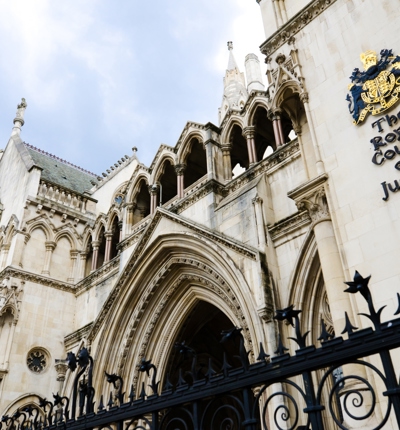
Solicitors welcome High Court decision to quash police's Extinction Rebellion protest order
Solicitors specialising in claims against the police and judicial review have welcomed the decision by the High Court in Jones & Ors v The Commissioner of Police for the Metropolis [2019] EWHC 2957 (Admin) to quash an order imposing a condition on the Extinction Rebellion protesters that they must cease their protests within London.
Posted on 13 November 2019
Extinction Rebellion is a pressure group raising awareness and seeking to persuade the government to act in respect of a climate and ecological emergency.
On 14 October Superintendent McMillan sought to exercise his power under section 14 (1) of the Public Order Act 1986. Section 14 of the Public Order Act allows a senior officer to impose conditions on persons organising or taking part in a “public assembly”. The following condition was imposed:
‘Any assembly linked to the Extinction Rebellion “Autumn Uprising” (publicised as being from 7th October to 19th October at 1800 hours) must now cease their protest(s) within London (MPS & City of London Police Areas) by 2100 hours 14th October 2019.’
The case looked at whether there was power to impose the condition and the meaning of “public assembly”. The Court found that a “public assembly” must be in “a location to which the public or any section of the public has access, which is wholly or partly open to the air, and which can be fairly described as a scene. Separate gatherings, separated both in time and by many miles, even if co-ordinated under the umbrella of one body, are not a public assembly within the meaning of section 14(1)”. The Court found that the protests intended to be held by the Extinction Rebellion ‘Autumn Uprising’ from 14-19 October 2019 did not fall within the definition of public assembly and therefore the condition was unlawful.
Anna Dews, solicitor in the public law team said:
“As we saw in the INEOS injunction appeal, the citizen’s right to protest cannot be reduced to symbolism and that means in order to be effective, it will sometimes be disruptive. The ruling in this case clearly affirms that the Metropolitan Police’s ban undermined people’s fundamental rights to freedom of expression and assembly and should be welcomed as a further victory for protest rights in the UK”.
Yvonne Kestler, a human rights solicitor representing individuals in claims against the Police, said:
"The right to protest is a vital part of an individual’s right to freedom of expression. In this instance, raising awareness about the impact of global climate change. I am extremely encouraged by the High Court’s decision that imposing this condition was unlawful in these circumstances. I hope this ensures proper use of this power by the police in the future.”

